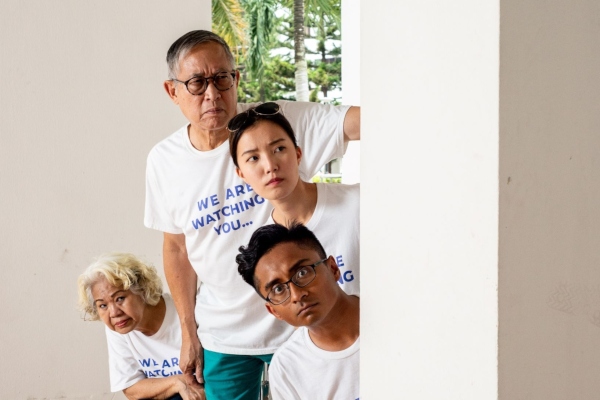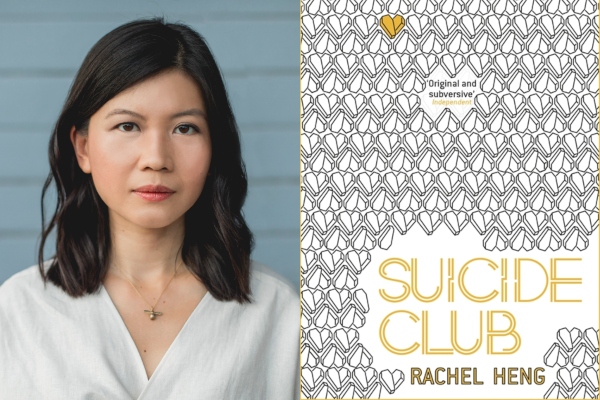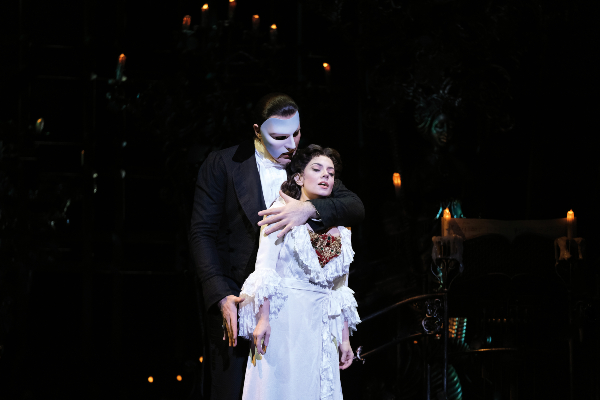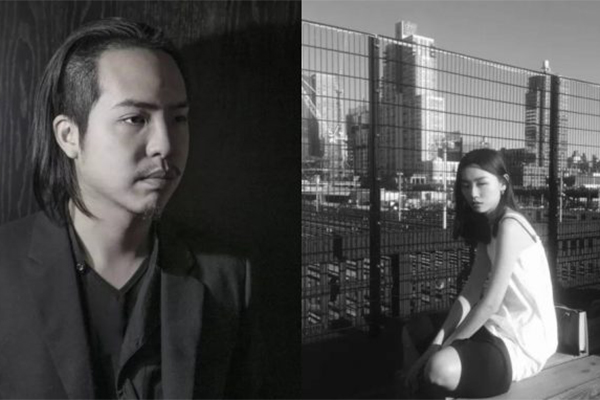Ebizo Ichikawa XI, renowned kabuki master from Japan, shouldering the burden of 600 years of theatrical tradition.
A Weekender private interview with Ebizo Ichikawa XI, an 11th generation Kabuki actor, on his fame and plans to propagate Japanese theatrical tradition.
It’s not easy carrying the weight of 600 years’ worth of Japanese theatrical tradition on one’s shoulder. But Ebizo Ichikawi, aged 36, believes he was born to assume this burden since he was 2 years old! And he does it gladly with grace and dignity.
But will modern times change the future of Kabuki? We find out in our private conversation with Ebizo-san.
(Note: Interview conducted by Frank Young in English with Japanese translated by Ebizo-san’s translator)
What does it take to be a Kabuki Star?
Well, on the surface, what it takes to be a Kabuki Star…first of all, you have to be born into a Kabuki family. Not (just) anybody can be a Kabuki performer.
Secondly, the most important quality – his voice, face, and stature…These are the superficial aspect.
But what it boils down to, is how serious you are in pursuing this art form.
Describe your fan base?
The core fan base of mine is women aged 30 – 60.
But in terms of my recognition rate in the Japanese population, actually, everybody knows about me. From a young child to the elderly almost everyone in Japan knows about me. But my core fan base is women in their 30s-60s.
If only a small proportion of Japanese people watch Kabuki, then why would everyone know you?
Interestingly, only 5% of the entire Japanese population have watched Kabuki, but 90% of the population knows about me. At the end of the day, it’s my personality that makes me known and recognized by everybody.
I live as a Kabuki performer. For example, reporters from a Japanese TV station filming me while I am on an overseas performance, trying to share the charms of Japanese tradition to people overseas. In this sense, I have much to share and I have very high exposure. People will watch interestingly because I am taking Kabuki in such a serious manner and trying to share that among everybody.
As a child, did you dream about doing something else besides Kabuki, and at what age did you realize you had to carry on the family tradition?
I knew I was actually born to be a Kabuki actor. From the point that I was born, I was fated to be a Kabuki actor.
So if you ask me, when I realized I was a going to be Kabuki actor, well that would be when I was 2 or 3 years old…as young as that. But of course, I had a rebellious phase as well.
I wanted to take on different jobs. But I was just saying that. Deep inside I knew I was going to be a Kabuki actor.
I didn’t know my grandfather. But on the 30th anniversary of my grandfather’s death, I was 17 years old, I took on a very huge role on the Kabuki stage. That was when my realization was more certain.
When I was born, the certainty was 100%, but when I took on that role, I was 120% certain that I would live and die as a Kabuki actor.
You have a daughter and son. Do you have expectations for your son to follow your footsteps?
Definitely, I want him to be Kabuki actor. That’s a 100% wish and expectation. But I don’t say that to him openly, because inspiration from top down is little different from if the inspiration was from his son, himself.
So what I think is important is to encourage him and create an environment to illicit my son’s own will and interest in Kabuki, until he starts thinking, “Hey, I want to be a Kabuki actor!”
Kabuki tradition prohibits women from performing, so what if your daughter wants to become a Kabuki actor? What will you do then?
Kabuki today, it is physically impossible for ladies to practice. Because of the movement, or probably the costume they are wearing. It’s almost impossible for ladies to take on a role.
Because, Kabuki, by nature, is very masculine, manly. Even if a female actor does it, it is not going to look as good. It is not going to be visually aesthetic.
In order for Kabuki to look good, the actor needs to be a perfect match for the character. So for a wild character, a slim skinny actor will not fit the bill. It will not bring out the character to the fullest. For that reason, it is not ideal for women to take on a man’s role in Kabuki.
However, if my daughter shows a great interest in Kabuki, one of the best solution is to establish a new school of Kabuki for ladies.
Danjuro, my great, great, great…great, – well, many generations back – he tried to establish a Kabuki school for ladies for his daughter to perform. I am prepared to take that on (again), to establish, develop, and cultivate a new school for ladies, if my daughter shows interest in Kabuki. If she is serious, I am ready to fight for it!
—————————–
Frank Young and Weekender thank Ebizo Ichikawa XI for this private interview, and Hello! Japan, the Official Television Channel for Japan Theater, for this opportunity.
Catch Ebizo Ichikawa XI, Japan’s top Kabuki performer, and Japan Theater’s first international debut, as he performs a medley of traditional art forms including Noh and Kabuki from 14th to 16th Nov, 2014 at Marina Bay Sands in Singapore.


ADVERTISEMENTS












Leave a Reply